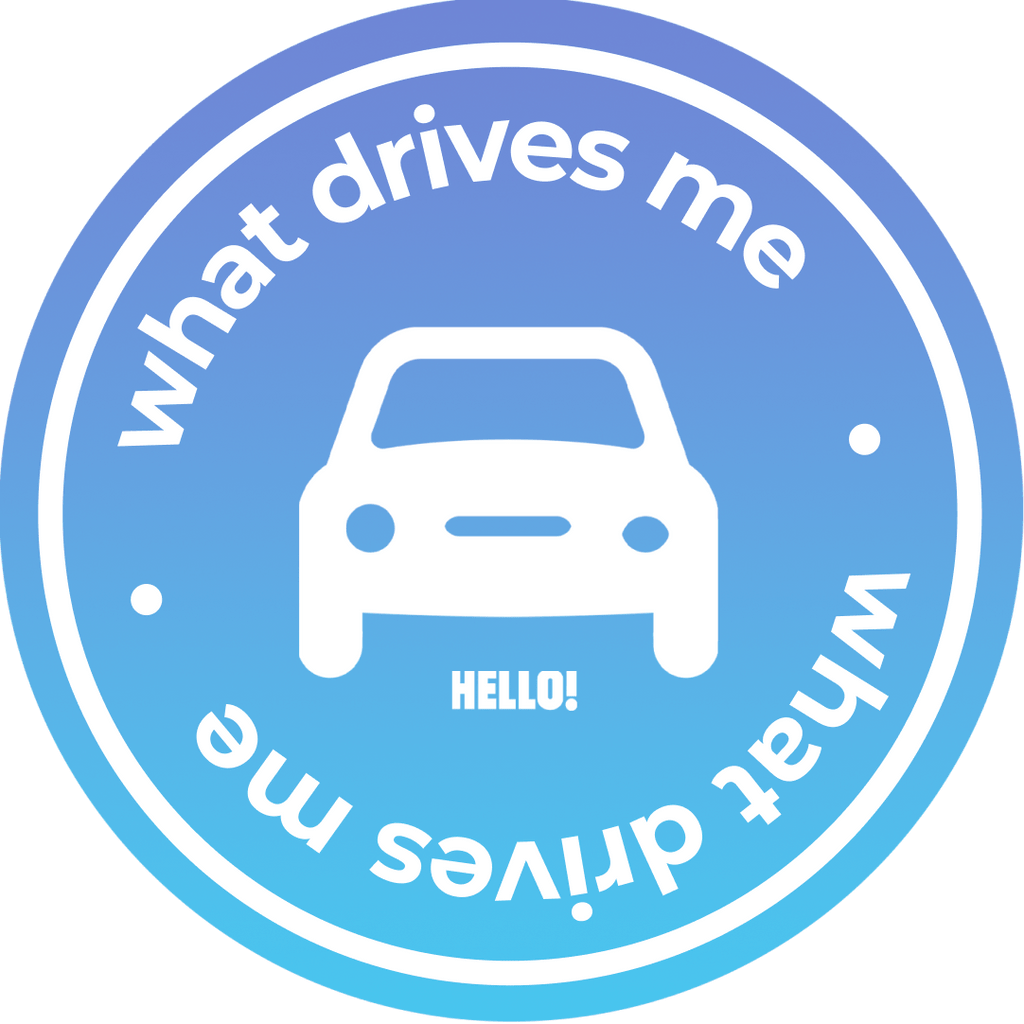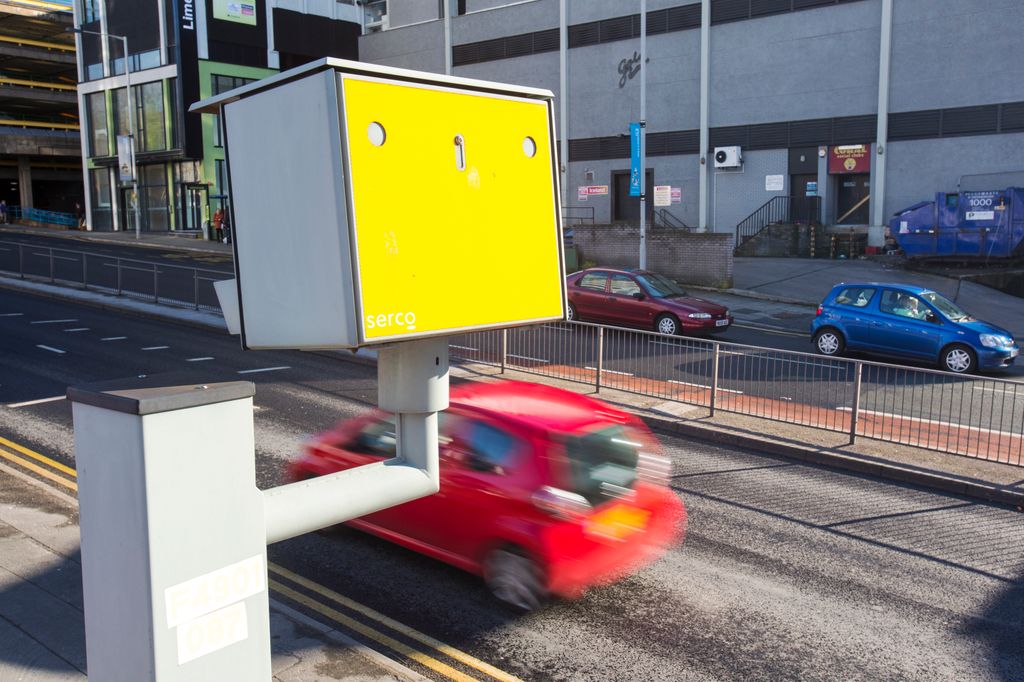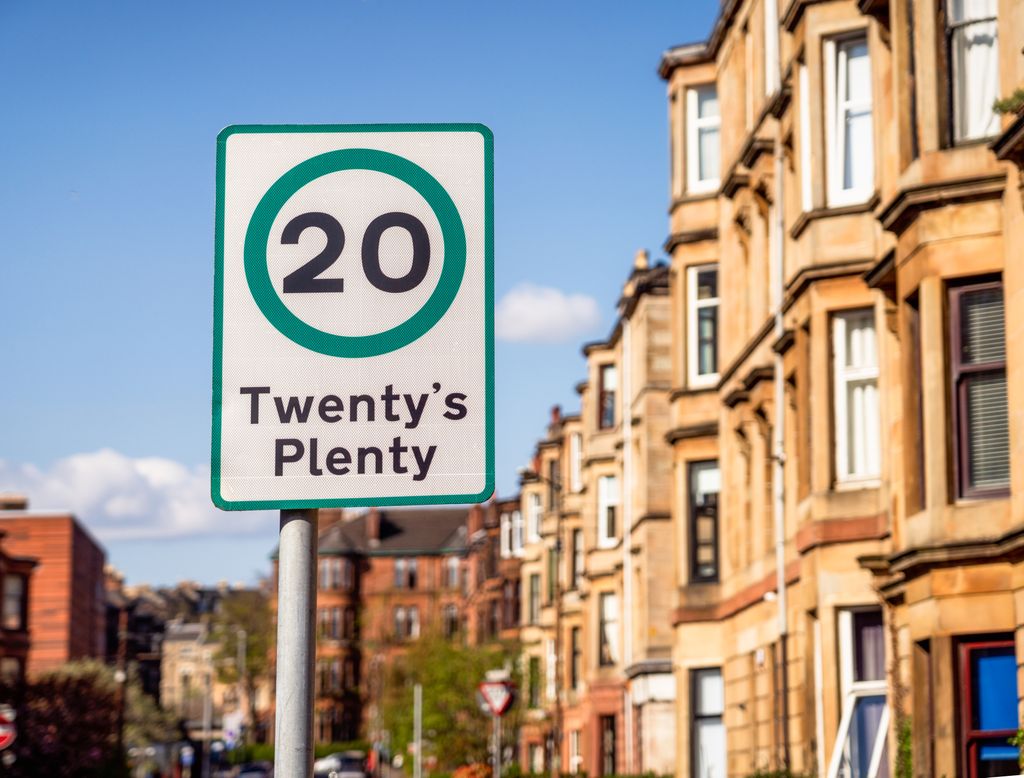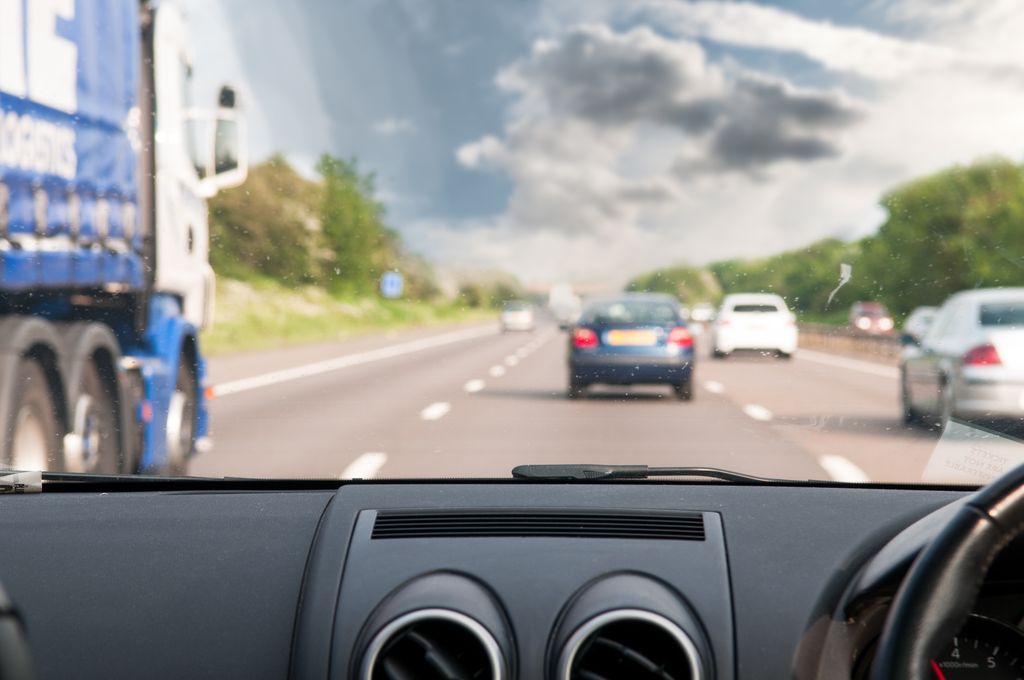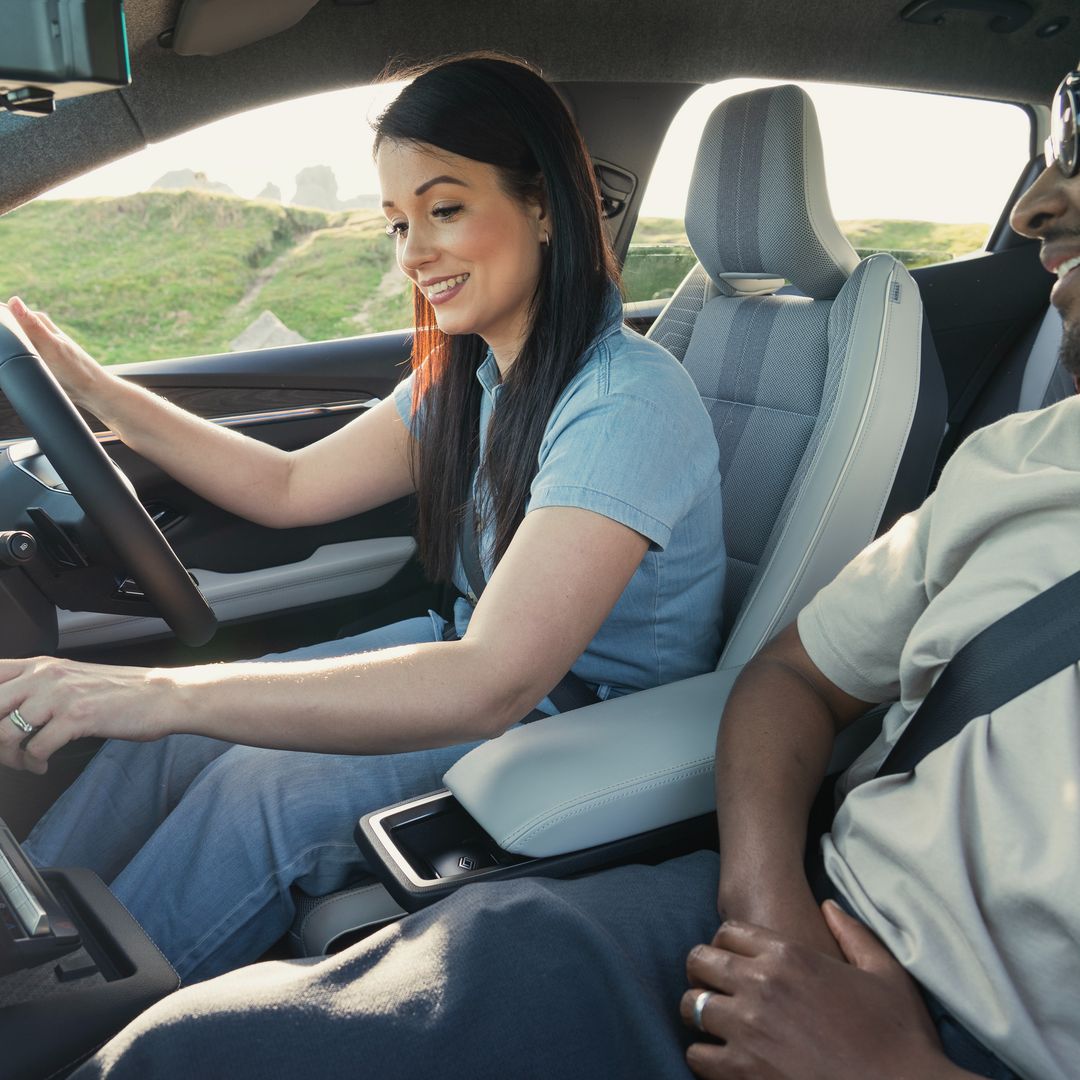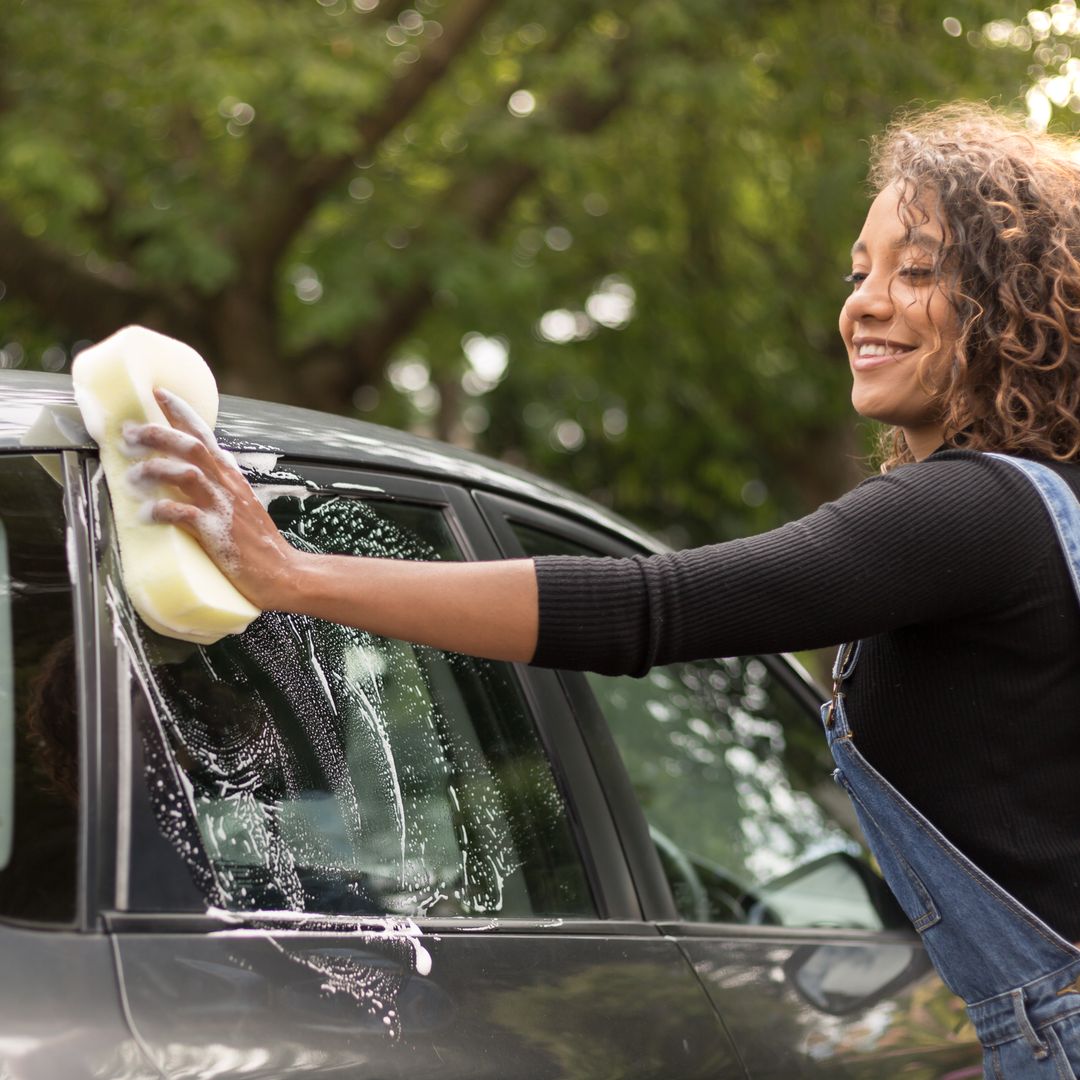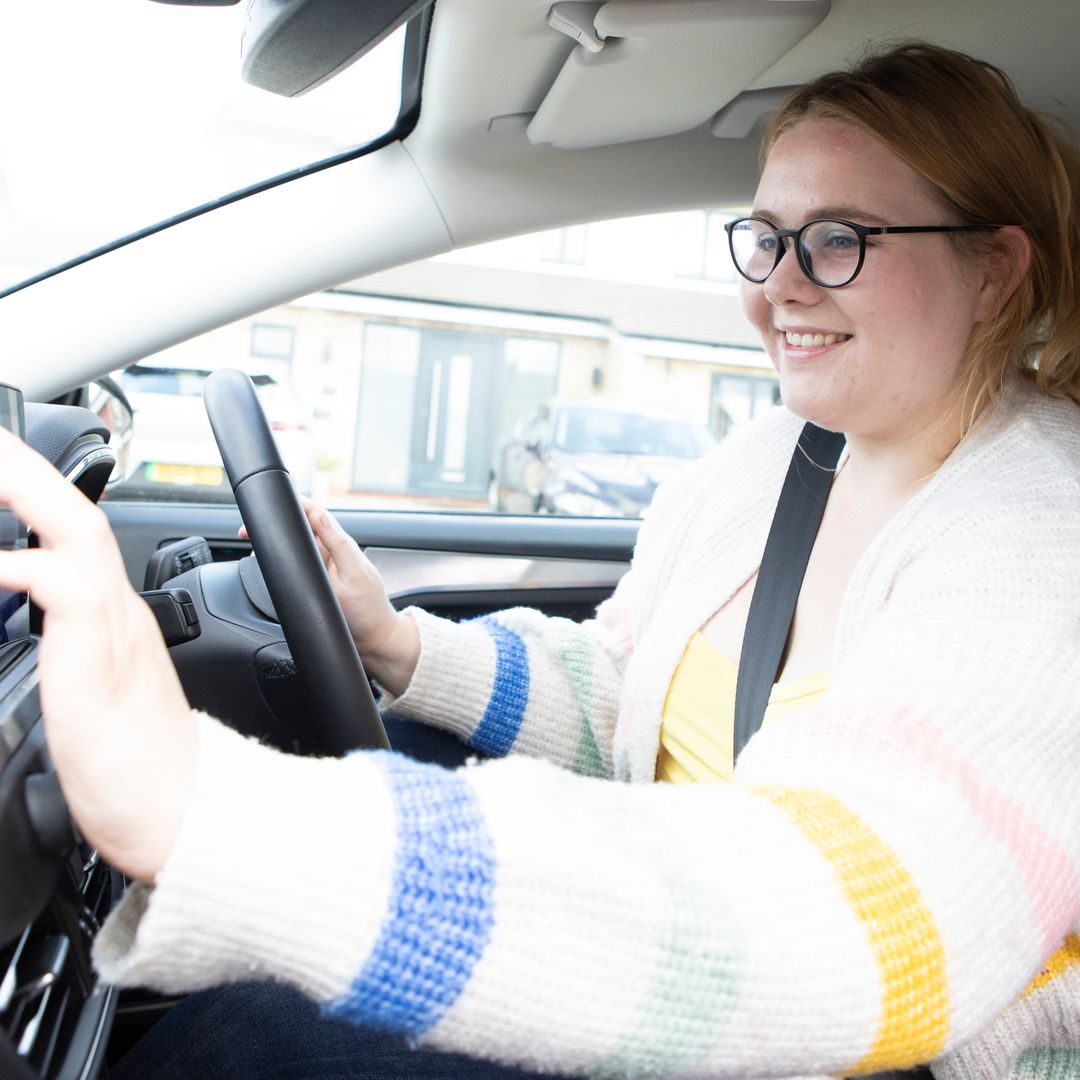Have you been caught speeding? If so, you’re not alone. Exceeding speed limits on roads and motorways accounted for 84% of all driving offences in the year up to June 2024.
According to research conducted by Uswitch car insurance, out of a total of 1,141,283 offences recorded, an astonishing 961,530 endorsements were issued for speeding (SP30 and SP50 offences).
When someone is convicted of a driving offence, their driving licence is 'endorsed' with penalty points that remain on their record for 4-11 years, depending on the severity of the offence.
The minimum penalty for speeding is a £100 fine with three penalty points added to your licence. However, you could be disqualified from driving if you build up 12 or more penalty points within a period of three years. The points will also probably increase your annual insurance premium.
Speeding is also one of the main causes of fatalities on roads. It's estimated around one person every day is killed as a result of drivers exceeding speed limits.
Tips to help you stick to the speed limit
1. Know your limits
Read the Highway Code to refresh your memory so that you're aware of the speed limits for all types of road. Usefully, modern cars have traffic sign recognition on the dashboard or in the sat nav, automatically displaying the speed limit as you drive along. Broadly speaking, the common speed limits in the UK are:
- 30mph in built-up areas
- 60mph on single carriageways
- 70mph on dual carriageways and motorways
2. Look for signs
Even though you should know the speed limit for the type of road you're travelling along, there are often variations. For instance, dual carriageways can have a range of speed limits (20mph to 70mph). Lots of drivers caught speeding say it was unintentional, because they thought the limit was higher than it was. So, when joining a new road, look for signs to tell you the speed limit, and watch out for changes along your route. If you are in any doubt, assume the limit is lower until you see a sign.
3. Check your speedometer
It's natural to focus on the road and your mirrors when you're driving, but it's also essential to develop a habit of constantly checking your speedometer to ensure you are within the legal speed limits.
4. Use a speed limiter
From July 2024 onwards, all new cars are legally required to have a speed limiter fitted, Many other older cars are already equipped with them too. A speed limiter is a safety feature that prevents a vehicle from exceeding a set speed limit. When a vehicle's speed exceeds the limit, a speed limiter can issue visual and audible warnings to the driver, and ultimately slow down the car automatically.
5. Switch on cruise control
If your car is equipped with a cruise control system, use it on suitable roads to maintain a steady speed without accidentally exceeding the limit. It's especially useful on long stretches of motorway with average speed zones.
6. Don't be influenced
Whether it's pressure from other drivers or passengers in your car, you are the driver and you must remain composed, drive safely and stick to the rules of the road. If another driver is impatient or aggressively tailgating you, consider providing them with an opportunity to overtake when it's safe rather than frustrating them or increasing your speed. If you don't know a road's speed limit and you find yourself being overtaken by other drivers, don't get swept along. Wait until you're sure of the speed limit before increasing your speed. However, it's also worth noting that excessively slow driving can be just as dangerous as speeding, so always maintain a speed consistent with the road conditions and within the defined speed limits.
7. Allow plenty of time
Always ensure you allocate ample time for your journey. One of the main reasons speeding offenders give for driving too fast is because they were running late and were attempting to recover lost time. However, exceeding the speed limit makes little difference to your arrival time, especially in urban areas. Finally, remember that speed limits are there to keep people safe - arriving safely is more important than arriving quickly.
8. Stay focused
Avoid distractions that could lead you to lose track of your speed. Whether it's talking to a passenger, a hands-free phone conversation, looking out the window at something interesting, or even listening to music or the radio, distracted drivers find it much more difficult to maintain their awareness of what’s happening on the road around them, and are more likely to speed.
READ: A simple guide to car insurance and 6 ways to cut your premium
9. Be village aware
Watch your speed when driving through villages which are often surrounded by roads with 60mph limits. Slow down as you see the speed limit sign ahead so that you have already reduced your speed to 30mph by the time reach the sign. In and around villages you are likely to encounter pedestrians, cyclists, wildlife and slow-moving vehicles, such as tractors, so always expect the unexpected when driving in rural areas.
10. Consider the consequences
On average, five people die every day on UK roads and 80 are seriously injured, according to road safety charity, Brake. In other words, every 17 minutes someone is killed or injured. Speeding is a major factor in road deaths, contributing to around a third of all traffic fatalities.
